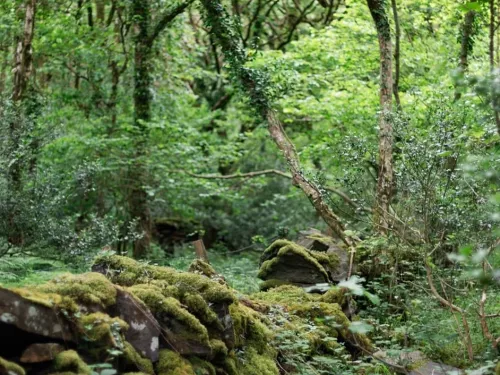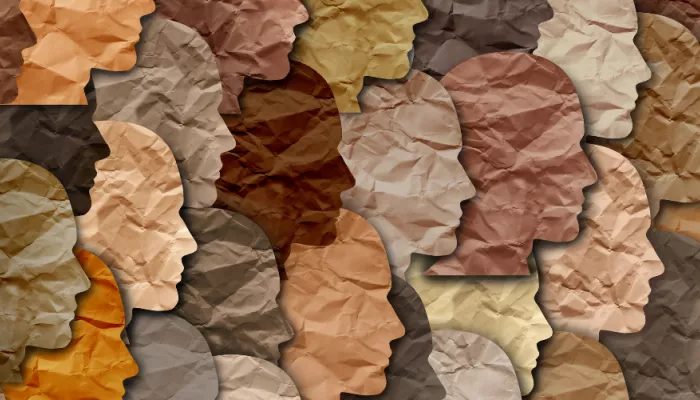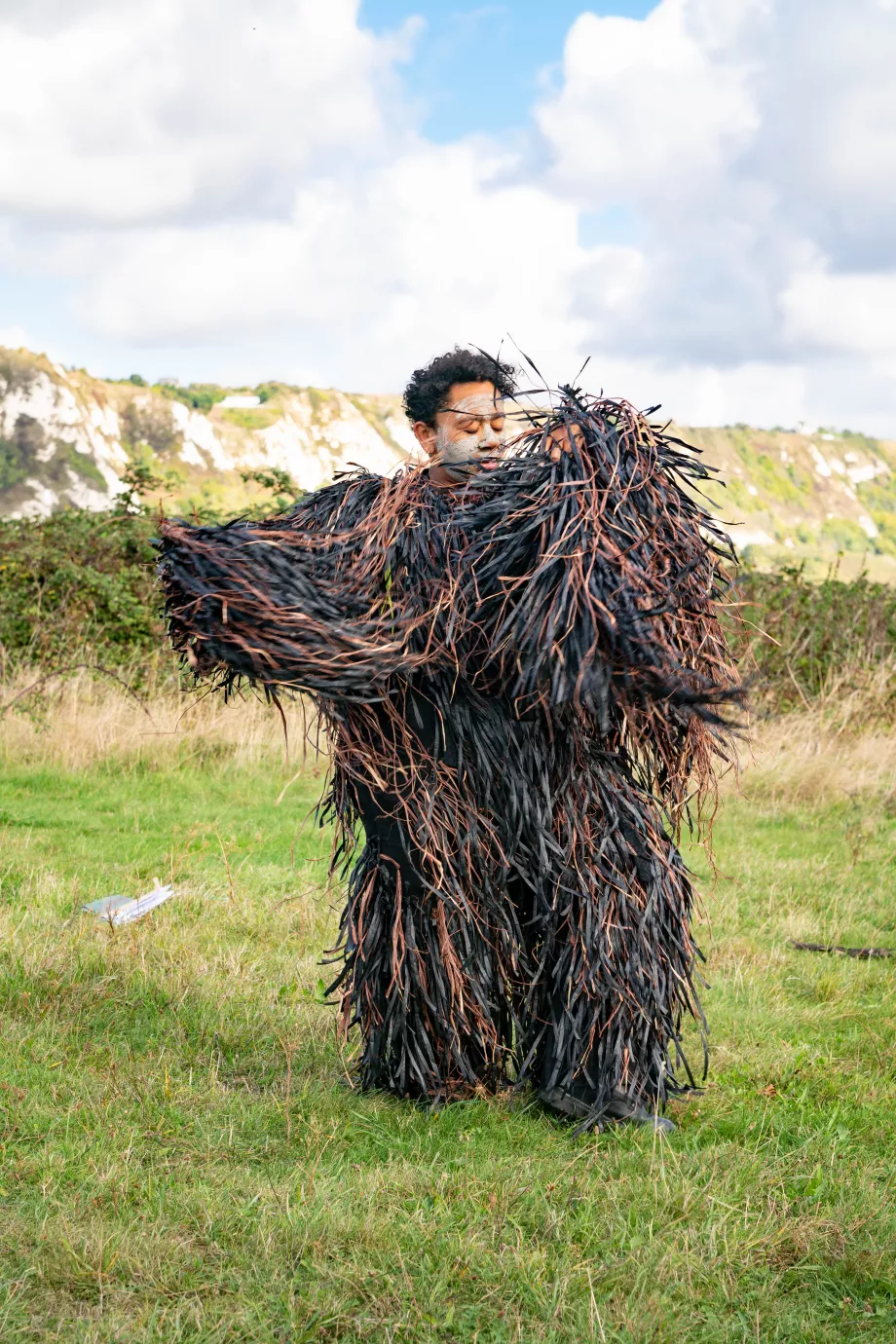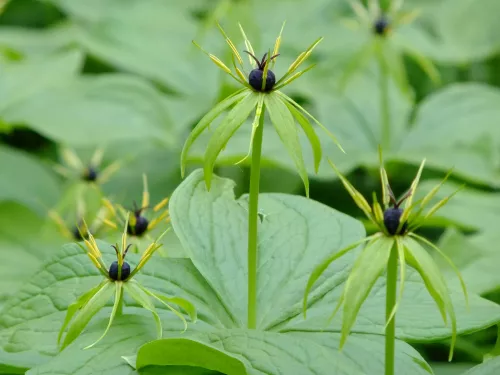What is Black History Month to you, and do you think it is beneficial to black communities?
Black History Month is always an interesting time. It's great to have opportunities to recognise Black history since it's so frequently left out of curriculums. Black people and our histories are often made invisible, especially outside of cities, so Black History Month is a necessary intervention.
However, for many Black people, Black History Month is a time when we get called on to do more in ways that sometimes feel tokenistic. Black people and our histories deserve to be celebrated, included and acknowledged all year round, rather than just one month a year!
Black people are a part of our communities in Kent and Black History Month is a great chance for organisations to recognise that. I think that, as Black people, we can internalise a sense of 'other-ness' and separate ourselves, so this kind of welcoming in and recognition is important for us.
How does Black History Month affect your current work?
Origins Untold (formerly Origins, founded by Arike) was first created around celebrating Black History Month and shining a light on Black people in and around Folkestone. We now have events throughout the year, including a programme for Refugee Week in the Summer, but Black History Month still holds a special place in our hearts.
For the past couple of years Origins has also functioned as a collective of artists, responding to what it means to live in this area as Black people. We use exhibitions, talks, poetry readings and workshops to bring people into ideas about racism and diaspora; art is a powerful element of our work that connects us to each other and to our shared humanity.
Some of our recent work has reflected on belonging in and connection to the natural world- our ongoing project chalk, grass, land is supported by Folkestone Fringe and Creative Folkestone as part of the SALT Festival. My twin Josie and I did a piece of action-research and performance work about walking in the landscape and navigating its complexities from within our identities as mixed race black, queer people who grew up here in Kent.
It's been great to see a proliferation of wonderful work from Black people in the town such as Fran Hajilou's Entangled Roots project and Anita Mckenzie's photography work for Windrush day and Black History Month. This year's Origins Untold programme is focusing on thinking about what our role is and how we move forward alongside other pieces of work, without feeling burned out by the end of October!
What is your personal experience with nature?
I grew up going for walks around the Kent downs and the Warren with Josie and our dad when I was little, but I've also always had sort of a sense of dis-ease in the world, a feeling that I don't belong or that spaces aren't 'for me'. I grew up with lots of anxiety that during my teenage years, really prevented me from going outside at all. A lot of these feelings are to do with experiences of racism and internalised racism.
I've started to reconnect with exploring natural and green spaces locally over the past few years, there are lots of beautiful places near where I grew up and still live. It's a complicated relationship but I love nature. Nature is a really important part of my life and I also notice the ways that my relationship to the local landscape has been complicated or compromised.
When I'm out walking, I often feel conscious of whether people are looking at me and questioning whether or not I 'should' be there, and I'm usually quite aware of how permission to occupy a space is communicated- with fences, signs, or barbed wire. I've noticed that white friends of mine will do things in the countryside that I won't, like foraging, climbing over gates or leaving footpaths.
Living on the Kent coast, it's impossible for me not to think about channel crossings and people seeking safety in the UK, including those who don't survive the journey, and the divisive narratives that get built around them. This is going to shape the history of this landscape and I can't separate one from the other- when I'm walking in Folkestone, Capel or Dover, I think about how the symbol of the white cliffs have been used to reinforce white identity and belonging, and ideas about who 'deserves' to be here.
Overall, I really value any chance I get to feel like I'm a part of nature rather than separate from it! We're all a part of nature, and it increasingly feels important to change our relationship to nature from extractive to more reciprocal. Getting to connect more with nature and feel at home in the natural world is part of growing a sense of belonging for myself, but also part of feeling more of a sense of responsibility for the environment.
What could Kent Wildlife Trust do to improve the accessibility of black communities to nature, and to improve the inclusivity of Kent Wildlife Trust to those same groups?
This is always a really hard question to answer! I think a lot of this comes down to whether people feel allowed or welcomed in spaces, and that's a message that comes both internally and externally. I think Kent Wildlife Trust could cultivate a more explicit sense of welcoming for Black communities in lots of ways, and it takes a willingness to try things, make mistakes, learn and try again.
This might look like collaborating with Black-led groups, building trust, and listening with people to think about what might be engaging for them. It's useful to have an awareness of why it might be difficult for Black people to feel included or invited into the same usually majority white activities and groups, and to offer different types of activities as well as thinking about ways to hold group spaces that feel safer.
It's said all the time, but representation really is important! Where do Black people see ourselves reflected in the stories told about the land we're on, or even in pictures on the website and in publicity? These things can be key for communicating a message about the relevance of nature for Black people and the power that growing a connection with nature can have for our senses of belonging.





